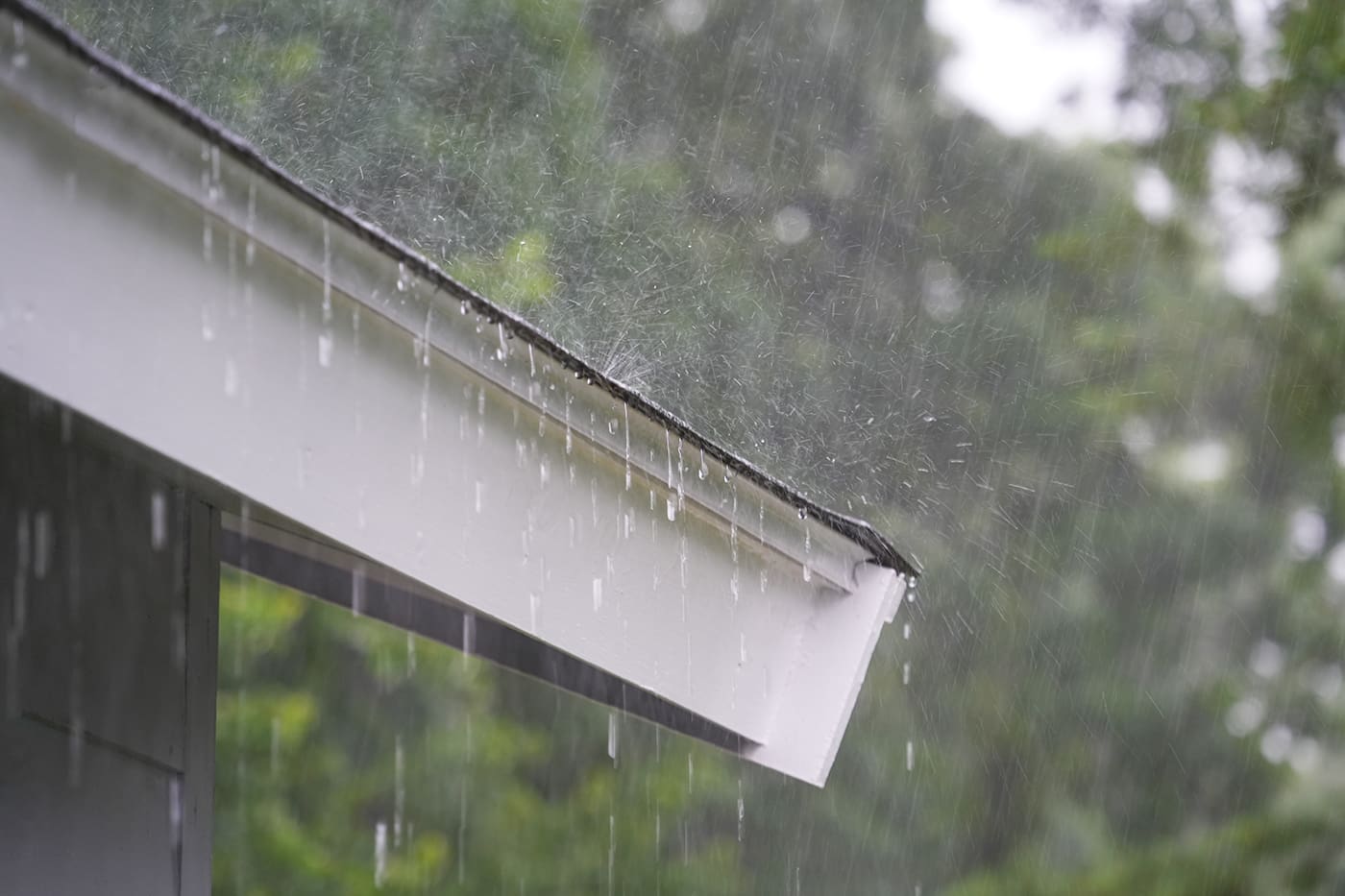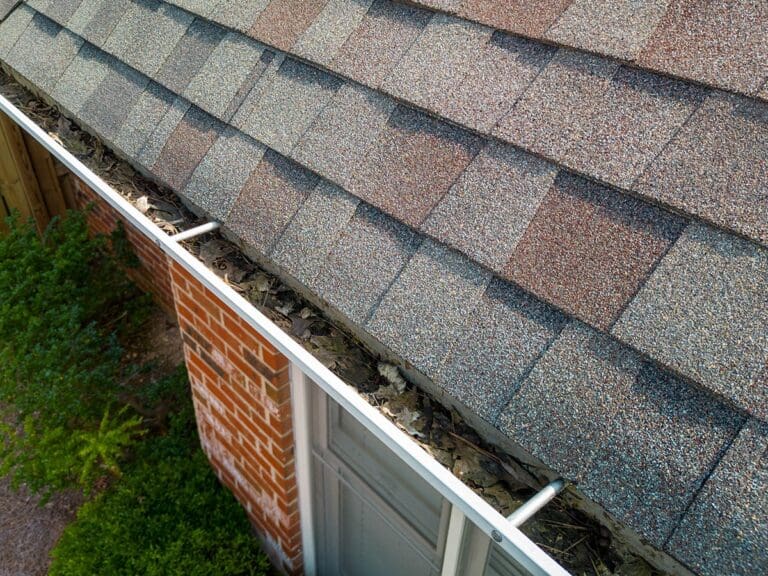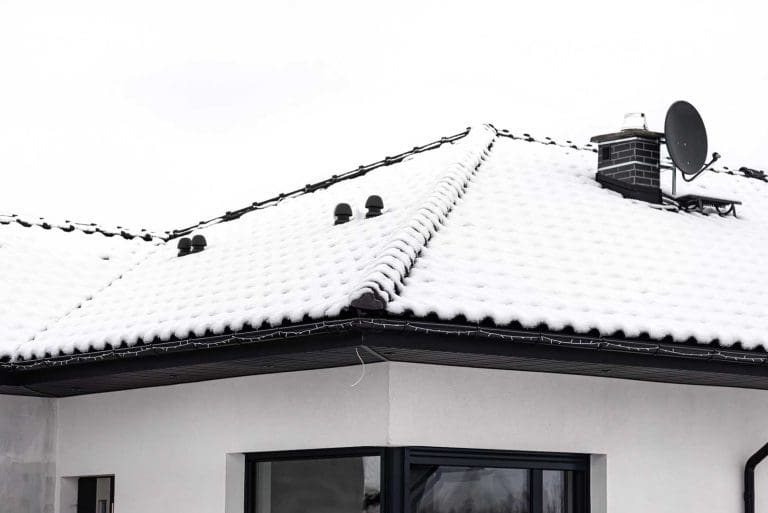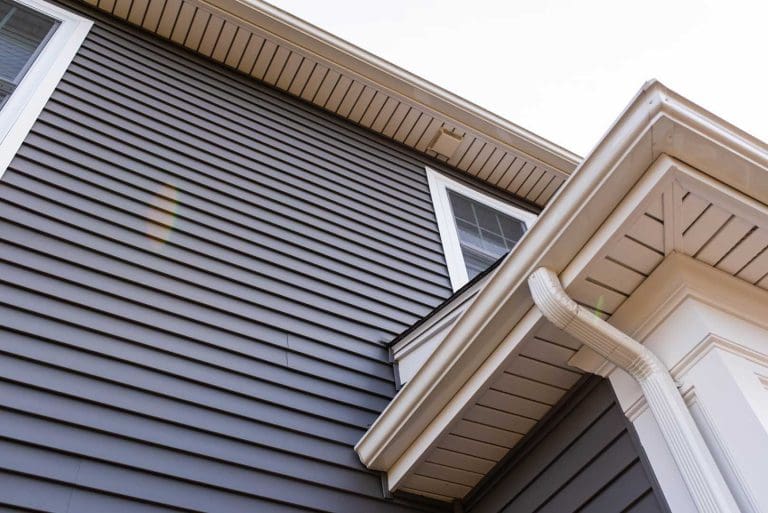As the seasons shift and New Hampshire prepares for its rainy months, homeowners often face a crucial decision: Should they replace their roof before the rain arrives?
Understanding the Importance of Timing
The timing of a roof replacement can affect the efficacy of your investment. Here are a few reasons why addressing your roof before the rainy season is vital:
- Preventing Water Damage: A worn-out roof is more susceptible to leaks and water damage. Replacing it before the rainy season can help protect your home from costly interior damage caused by water infiltration.
- Ensuring Proper Installation: Roofing materials often need drying and securing correctly. Starting your project before the rains begin ensures that your new roof is installed under optimal conditions, reducing the risk of complications due to moisture.
Signs It’s Time for a Replacement
Before deciding to replace your roof, assess its current condition. Here are some signs that indicate it might be time for a new roof:
- Age of the Roof: Most asphalt shingles last about 20 years. If your roof is nearing this age, it may be time for an upgrade.
- Visible Damage: Look for missing shingles, curling edges, or significant wear and tear. If you notice these issues, a replacement might be necessary.
- Leaking or Water Stains: Water stains on your ceilings or walls are a strong indicator that your roof needs immediate attention.
Benefits of Early Replacement
Replacing your roof before the rainy season comes with several advantages:
- Enhanced Safety: A new roof can provide peace of mind, knowing your home is protected against severe weather conditions.
- Home Value: A new roof can improve your home’s overall value, making it a worthwhile investment if you plan to sell in the future.
- Energy Efficiency: New roofing materials tend to come with improved insulation properties, leading to lower energy bills as your heating and cooling systems work better.
Considerations Before Replacing Your Roof
While replacing your roof can be beneficial, there are factors to consider:
- Budget: Make sure you have the financial resources to cover the cost of a new roof. Getting multiple quotes from reputable contractors can help you find the best solution for your budget.
- Weather Conditions: Late spring or early summer may be ideal for installation, but be sure to check for any unexpected weather changes that could delay the process.
- Choosing the Right Materials: Research roofing materials that perform well in New Hampshire’s climate. Options like asphalt shingles, metal roofing, or slate can provide durability and weather resistance.
In conclusion, replacing your roof before New Hampshire’s rainy season is often wise. It helps prevent water damage, ensures proper installation, and provides peace of mind during inclement weather. By assessing the condition of your roof and considering the benefits and challenges of replacement, you can make a decision that protects your home for years to come. If you’re considering a roof replacement, consult Murphy Roofing to discuss your options and get started before the rains begin.





